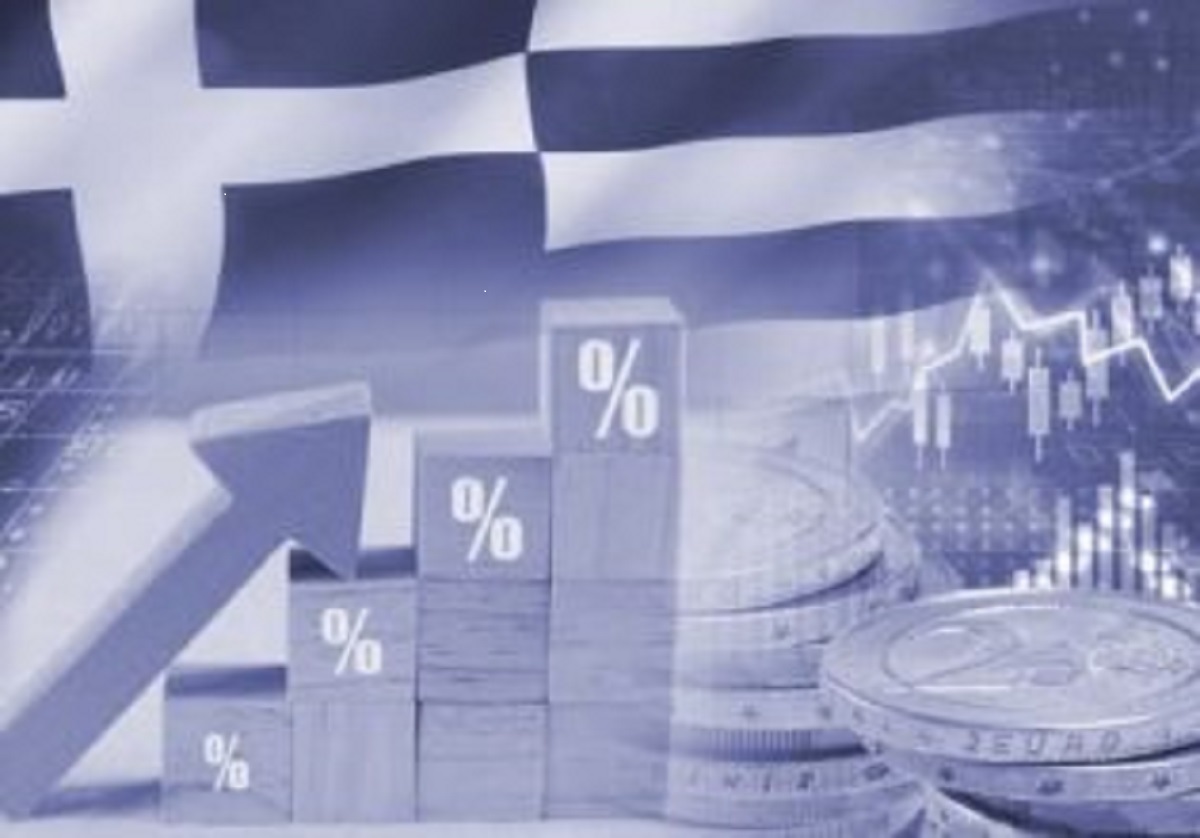Recent data regarding indices such as the Consumer Confidence Index, the Economic Sentiment Indicator, the Employment Expectations Index and the Manufacturing PMI both for the Greek and European economies, for September and October of 2024 reveal concerning trends.
In Greece, consumer confidence continues to show significantly lower values compared to the EU27 countries. Specifically, the index dropped from -48.1 points in August to -51.3 the next month, seeing a slight increase to -50.3 in October.
This is indicative of the ongoing deterioration in household expectations regarding the country’s economic prospect. On the other hand, the same index in the EU27 rose to -11.2 points in October from -12.2 and -11.7 in August and September respectively.
The Economic Sentiment Indicator for Greece increased in September, reaching 110.2 points, before dropping to 107.0 points in October. Despite this decline, the value remains above the long-term average of 100 points.
In the other 27 EU countries, the index remained stable at 96.7 points in September but decreased slightly to 96.0 points in October, indicating a continued flat outlook.
In Greece, the employment index has fallen to 112.4 in October from 113.1 points in September while the index slightly improved reaching 100.0 points in October from 99.9 points the previous month, aligning with the long-term average.
Regarding the Purchasing Manager Index (PMI), in Greece it rose from 50.3 points in September to 51.2 points in October, indicating ongoing growth in the manufacturing sector. This improvement was driven by a rise in production and employment although there was a decline in new orders both on a domestic and international scale.
In the Eurozone, the PMI increased to 46.0 points in October, up from 45.0 in September, marking a five-month high. Despite this, the index has remained below the 50-point threshold for 28 consecutive months, indicating ongoing contraction, especially in major economies like Germany and France.
Overall, data reveals that the Greek economy shows resilience, with positive signals from the manufacturing sector and cautious optimism among businesses. However, consumer confidence remains significantly low, and the decline in new manufacturing orders suggests limited demand.
Therefore, there is need for policy interventions in order to boost demand, stabilize the labor market and support industrial production.




